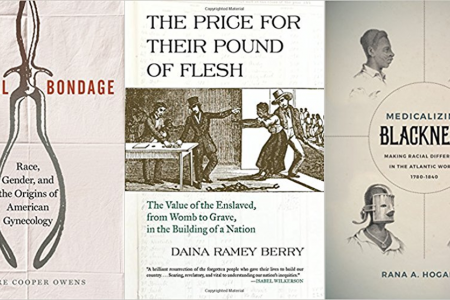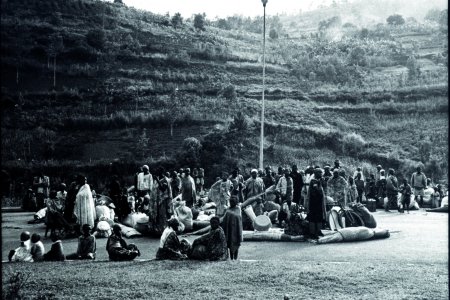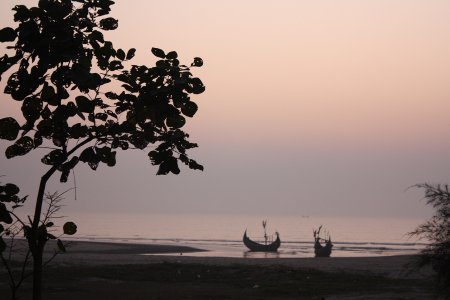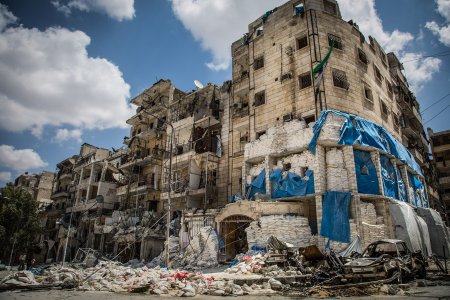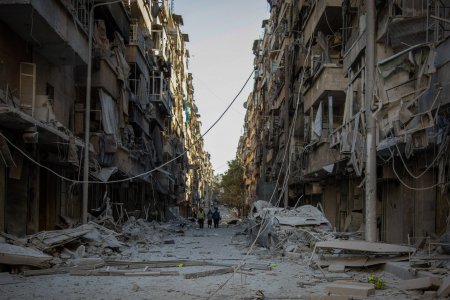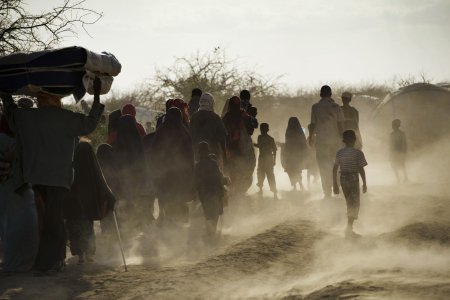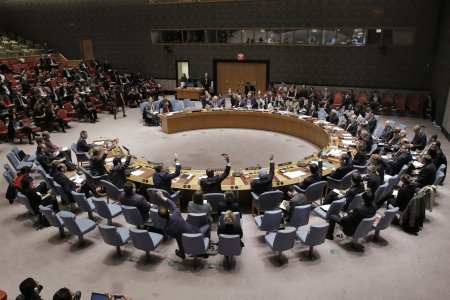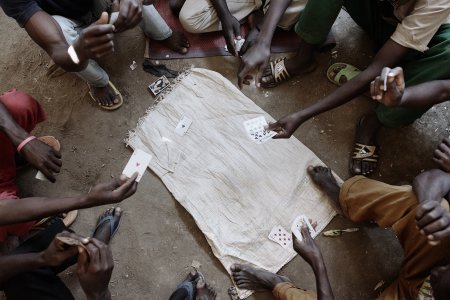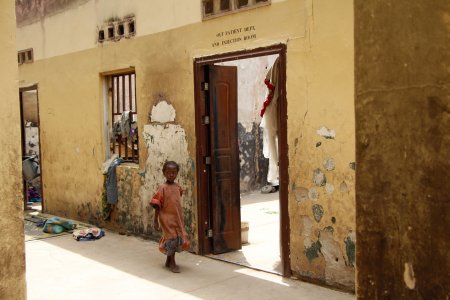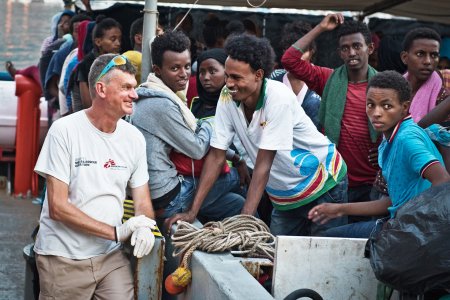OFF THE CUFF is a participative blog run by the Crash. Its purpose is to expose the diversity of experiences and opinions that exist among humanitarian aid practitioners. Online comments as well as direct contributions are more than welcome.
Views expressed on this blog are those of their authors and do not necessarily reflect the official positions of Médecins Sans Frontières
Race and health. A fascinating article on the history of medicine
An article entitled "Médecines du corps noir" [Medicine and the black body], published on the La vie des idées website on 27 April, discusses three American history books on the origins of medicine in the United States in the context of slavery in the 18th and 19th centuries. Between experimentation and resistance, the history of relationships between race and health illustrates the decisive role played by African slaves.
Genocide from an historical, legal and political standpoint
The publication of the journalist Judi Rever’s book, In Praise of Blood, on the crimes committed by the Rwandan Patriotic Front’s armed rebellion has rekindled discussion over the existence of a “double genocide”, one committed against the Tutsis under the orders of Rwanda’s interim government which took power in April 1994 following the assassination of President Habyarimana, and the other against the Hutus by the Rwandan Patriotic Front (RPF) which seized power in July 1994. There is little or no controversy about the reality of the genocide of the Tutsis in the world of Rwandan studies, but the claim that the Hutus were in turn victims of genocide sparks reactions as violent as they are confused. The cause of this confusion can be found in the different definitions of a term used in at least three fields: history, law and politics.
Humanitarian Wars ? - Interview with Rony Brauman
Rony Brauman has just published “Guerres humanitaires ? Mensonges et intox”. This book, a collection of interviews co-authored with Régis Meyran, explores a number of recent armed interventions that have all shared the goal of saving lives. Reviewing conflicts in Somalia, Libya, Kosovo, Afghanistan and Iraq, Brauman discusses the reasons advanced for justifying these wars and the accompanying lies.
Hospital airstrikes: gathering evidence through images
Interview with Pierre Mendiharat, deputy director of operations (MSF).
The fall of Aleppo: a turning point in the Syrian conflict?
Interview with Jean-Hervé Bradol, MSF-Crash research director, and Matthieu Rey, CNRS researcher attached to IREMAM (Muslim and Arab World Research Institute) and member of the WAFAW research programme.
Humanitarian Aid, Genocide and Mass Killings. MSF, The Rwandan Experience, 1982-97
Interview with Jean-Hervé Bradol and Marc Le Pape. The book is published by Manchester University Press and will be out in January 2017.
From Dadaab to Calais: what are the alternatives to the refugee camp?
MSF Crash's directors of studies, Rony Brauman and Michaël Neuman talk about MSF's refugee camp experience.
Humanitarian diplomacy, a fig leaf for extreme violence
Interview with Michaël Neuman and Fabrice Weissman, research directors at Crash. On Wednesday 28 September, MSF is invited to attend a UN Security Council briefing on resolution 2286, adopted in May 2016, which strongly condemns attacks against medical personnel and establishments in conflict situations.
It’s really not a game
At the core of humanitarian action is the notion of humanity between humans, which leads to an inherent and inevitable struggle with real moral dilemmas. It means showing solidarity to one person and having to explain to another why you can't make resources available to them.
Humanitarian Emergency in Northeast Nigeria
Jean-Hervé Bradol, director of studies at MSF-CRASH, discusses the humanitarian emergency left in the wake of Boko Haram's occupation of Borno State, Nigeria.
Occupational hazards
In recent years, fear-mongering reports based on hard data have been describing a world of ever-increasing danger for aid workers. The book "Saving lives and staying alive" explores this observation and compares it with MSF's experience of working in particularly dangerous regions.

